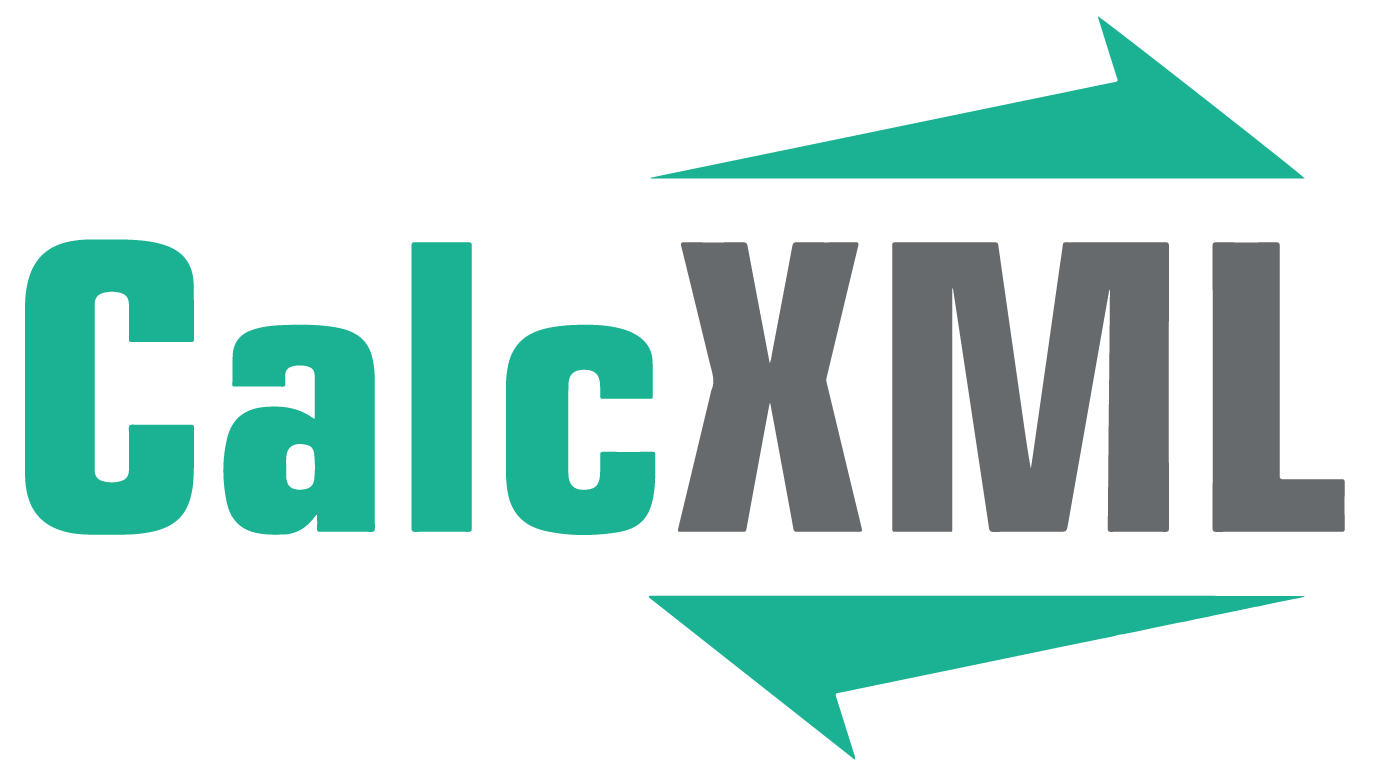Determine When To Start Saving For College With Our College Savings Calculator
¿Cuándo debería empezar a ahorrar para la universidad de mi hijo?
Cuando ahorra para la universidad, el interés compuesto puede ser su aliado. Sin embargo, cuanto más tiempo espera para empezar a ahorrar, acumulará menos intereses y tendrá que ahorrar más cantidad. Use la calculadora para saber cuándo empezar a ahorrar para la universidad y poder ilustrar qué cantidad pequeña de ahorro mensual debe hacer si comienza hoy mismo.
Definitions
- Edad actual del niño (0-17)The age of your child at the end of this year.
- Monto de ahorro mensual planificadoThe amount you plan to set aside each month for education costs.
- Rendimiento anual antes de impuestosThe interest rate you anticipate to receive on your college savings accounts.
- Monto ahorrado hasta el momentoThe outstanding balance on your current college savings accounts.
Esta información puede ayudarle a analizar sus necesidades financieras. Se basa en información y suposiciones suministradas por usted con relación a sus metas, expectativas y situación financiera. Los cálculos no infieren que la compañía sume cualquier obligación fiduciaria Los cálculos suministrados no deberían considerarse asesoría financiera, legal o tributaria. Además, no debería basarse en dicha información como única fuente de información. La información es suministrada de fuentes que consideramos confiables pero no podemos garantizar su precisión. Las ilustraciones hipotéticas pueden suministrar información de desempeño histórico y actual. El desempeño pasado no garantiza ni indica resultados futuros.






